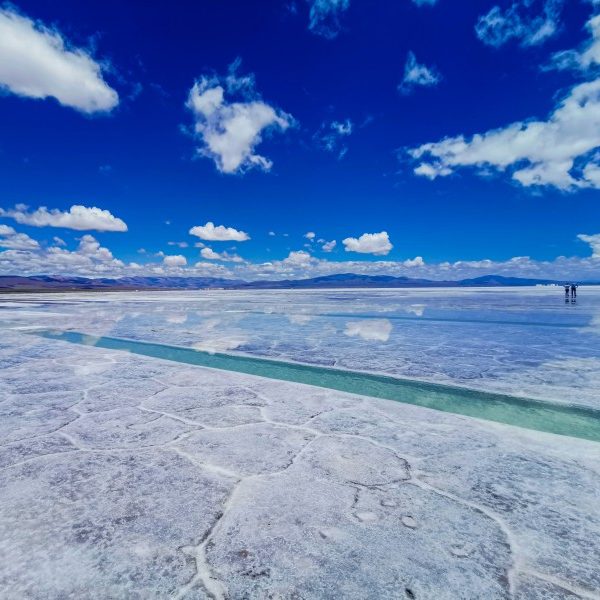Argentina’s next president is poised to take office with a mandate to enact macroeconomic reform, according to current voter surveys. Far-right libertarian Javier Milei is the frontrunner for the 22 October presidential election, with center-right candidate Patricia Bullrich and ruling coalition candidate Sergio Massa vying to challenge Milei. Among the top candidates, Milei could have the largest impact on Argentina’s extractives industry, as lithium production is poised to triple by 2030. Milei and Bullrich’s plans to dollarize Argentina’s economy would incentivize foreign investment and enable the easing of restrictions around goods imports, though a proposed currency transition would likely cause interim economic instability. Milei’s pledge to scrap government incentives could harm companies with exposure to Argentina’s nascent electric vehicles industry. However, Chinese lithium miners, refiners, and battery makers will likely seek to further entrench themselves after years of investment and relationship building.
- Milei’s lack of political experience and his party’s limited representation in Congress would require that he negotiate with center-right members of government. This could force him to moderate his proposal to fully dollarize the economy and abolish the country’s central bank.
- However, some formalization of the dollar under a Milei or Bullrich administration is likely. While Argentine voters support the initiative given the country’s persistent struggles with inflation, implementing it would be difficult. The country lacks an adequate volume of hard currency or other buffers to prevent price shocks during a transition.
- Reforms could ease restrictions on accessing dollars, making it easier for foreign investors to repatriate capital and import equipment. The Argentine government’s growing demand for dollars would also incentivize the next administration to maintain a permissive foreign investment environment for its mining sector and adjacent value chain.
- Eager to drive US engagement in Argentina’s lithium industry, the Biden administration invited Argentina in May to a meeting of the Mineral Security Partnership, a US-led initiative to break the supply chain’s heavy reliance on China. However, the Biden administration almost certainly will refrain from exempting Argentina from the requirement that it have a free trade agreement with the US to receive Inflation Reduction Act subsidies, notwithstanding requests from the current Fernandez administration.
- Chinese activity in Argentina’s lithium sector will continue and could even increase under Milei due to an improving macroeconomic outlook, despite the candidate’s stated disapproval of China across a range of issues.
- Milei’s libertarian pledge to remove government incentives supporting the domestic electric vehicle supply chain could hurt certain foreign investors. However, given backing from Beijing, Chinese companies will maintain long-term profit horizons that likely make them more resilient than Western competitors.
- Chinese firms will maintain strong ties with authorities in Argentina’s principal lithium provinces Jujuy, Catamarca, and Salta, where Chinese entities have received mining concessions and stand to benefit from ongoing collaboration with local actors.
- Pro-mining governments in the provinces of Jujuy and Salta were re-elected in May 2023. Catamarca’s provincial elections will be held on 22 October, the same day as the presidential election. All three provincial governments are expected to maintain pro-mining policies and their close relationships with Chinese miners, despite growing community activism against the environmental impact of lithium mining and the current distribution of financial gains.
Jay Truesdale is CEO of Veracity Worldwide, where Mitch Hayes is a Director. Thanks to Associate Eric Cuevas and editor David Alm for contributions.

